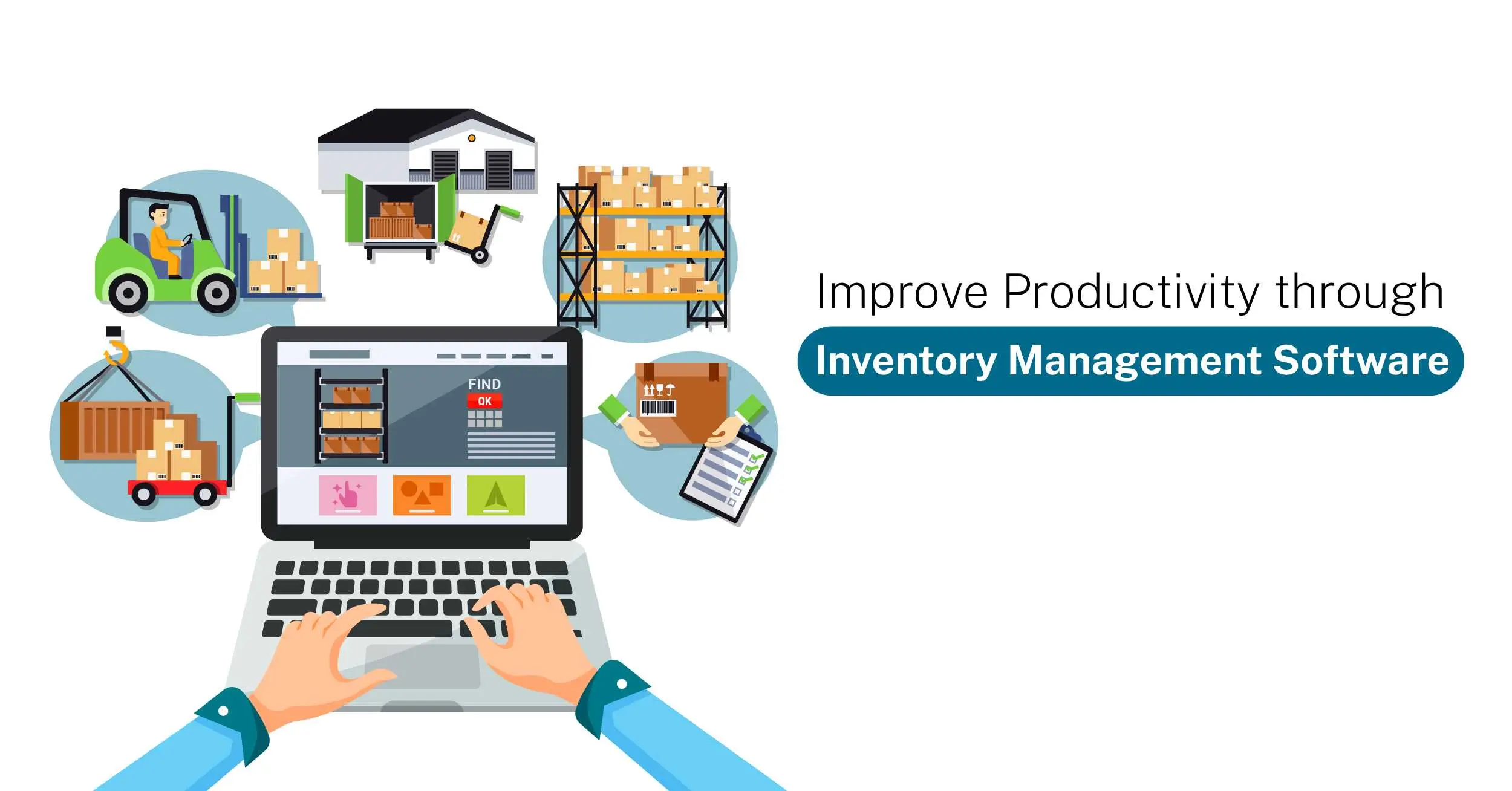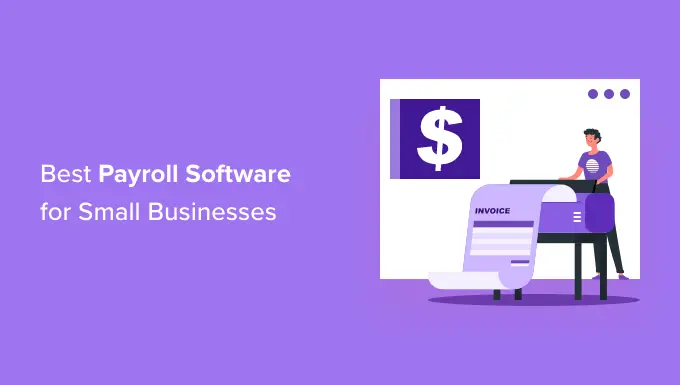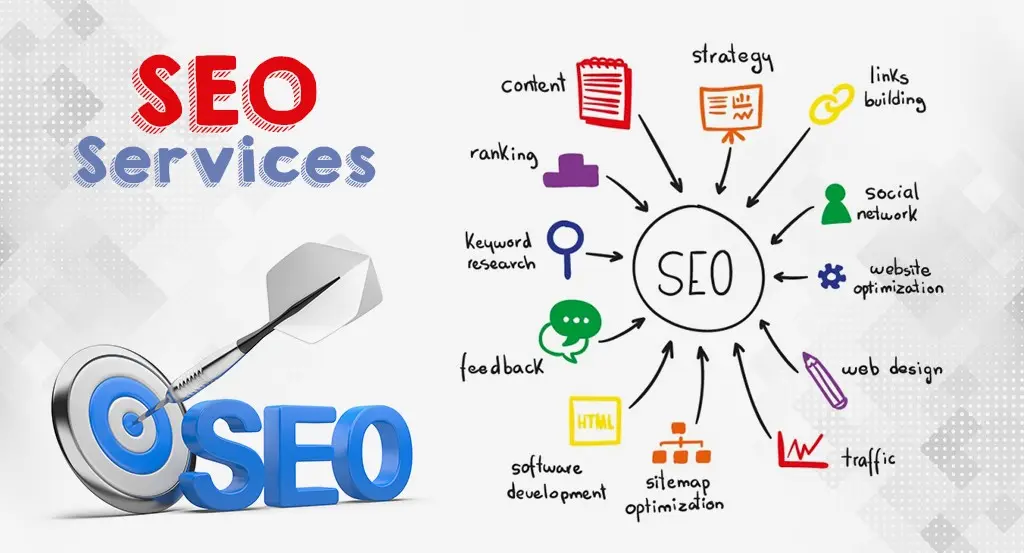
In today's fast-paced business environment, efficient inventory management is essential for maintaining a competitive edge. Whether you run a small retail store or a large-scale manufacturing operation, keeping track of your inventory in real-time can streamline operations, reduce costs, and improve customer satisfaction. However, with the plethora of inventory management software options available on the market, finding the right solution for your business can be a daunting task.
1. Scalability:
One of the first things to consider is the scalability of the software. Your business may be small now, but what about in a year or two? Choose a solution that can grow with your business and accommodate an increasing volume of inventory and transactions.
2. Features:
Different businesses have different inventory management needs. Make a list of features that are essential for your operations, such as barcode scanning, batch tracking, multi-location support, integration with other business systems (like accounting or CRM software), and forecasting capabilities.
3. Ease of Use:
A user-friendly interface is crucial for adoption and productivity. Look for software that is intuitive and easy to navigate, with customizable dashboards and reports that provide actionable insights into your inventory.
4. Integration:
Seamless integration with your existing systems is key to maximizing efficiency and minimizing data entry errors. Choose software that can integrate with your accounting, e-commerce, and point-of-sale systems to ensure smooth data flow across your entire business ecosystem.
5. Mobile Accessibility:
In today's mobile world, the ability to manage inventory on the go is essential. Look for software that offers mobile apps or responsive web interfaces, allowing you to access real-time inventory data from anywhere, at any time.
Now, let's delve into some of the top inventory management software options available on the market:
- NetSuite: A cloud-based ERP solution, NetSuite offers robust inventory management capabilities along with a suite of other business management tools. It provides real-time visibility into inventory levels, automated replenishment, and demand forecasting, making it ideal for mid-sized to large enterprises.
- Fishbowl Inventory: Designed specifically for small to mid-sized businesses, Fishbowl Inventory offers a wide range of features, including barcode scanning, serial and lot tracking, and customizable reporting. It integrates seamlessly with QuickBooks and other accounting software, making it a popular choice for businesses looking to streamline their operations.
- TradeGecko: Targeted at e-commerce businesses, TradeGecko offers inventory management, order fulfillment, and sales channel integration in one platform. It provides real-time inventory tracking across multiple channels, automated stock replenishment, and customizable workflows to streamline your operations and improve efficiency.
- Zoho Inventory: Zoho Inventory is a cloud-based solution that caters to businesses of all sizes. It offers features such as multi-channel selling, order management, and warehouse management, along with integrations with other Zoho products like Zoho CRM and Zoho Books. Its user-friendly interface and affordable pricing make it a popular choice for small businesses.
In conclusion, finding the best inventory management software for your business requires careful consideration of your specific needs and priorities. By evaluating factors such as scalability, features, ease of use, integration, and mobile accessibility, you can narrow down your options and choose a solution that will help you streamline your operations, reduce costs, and drive growth.









